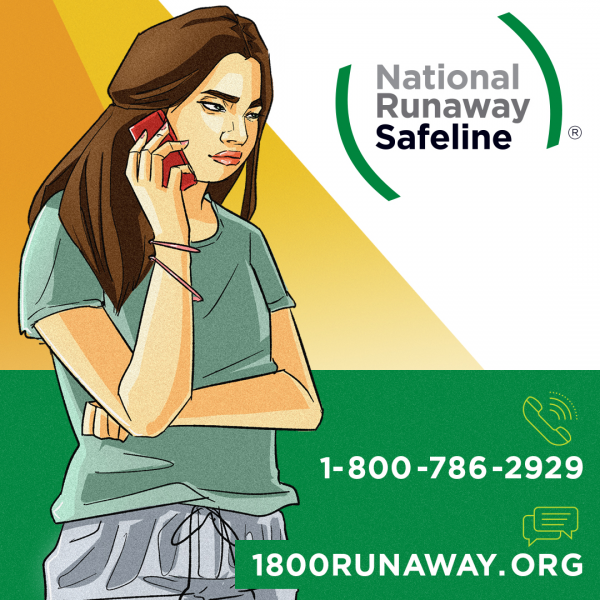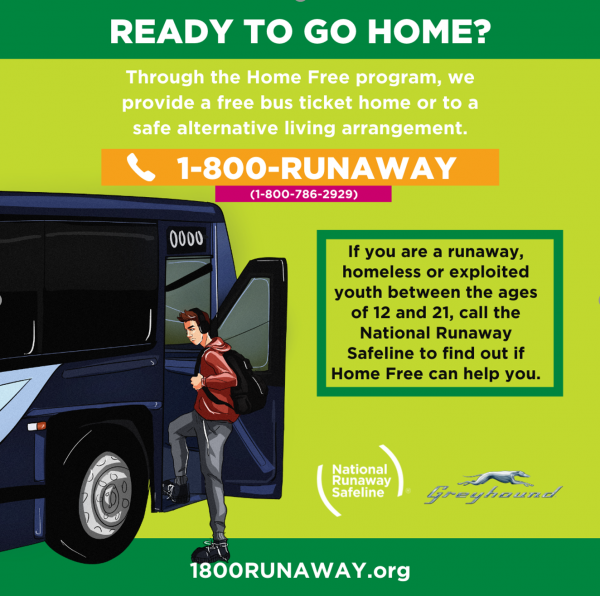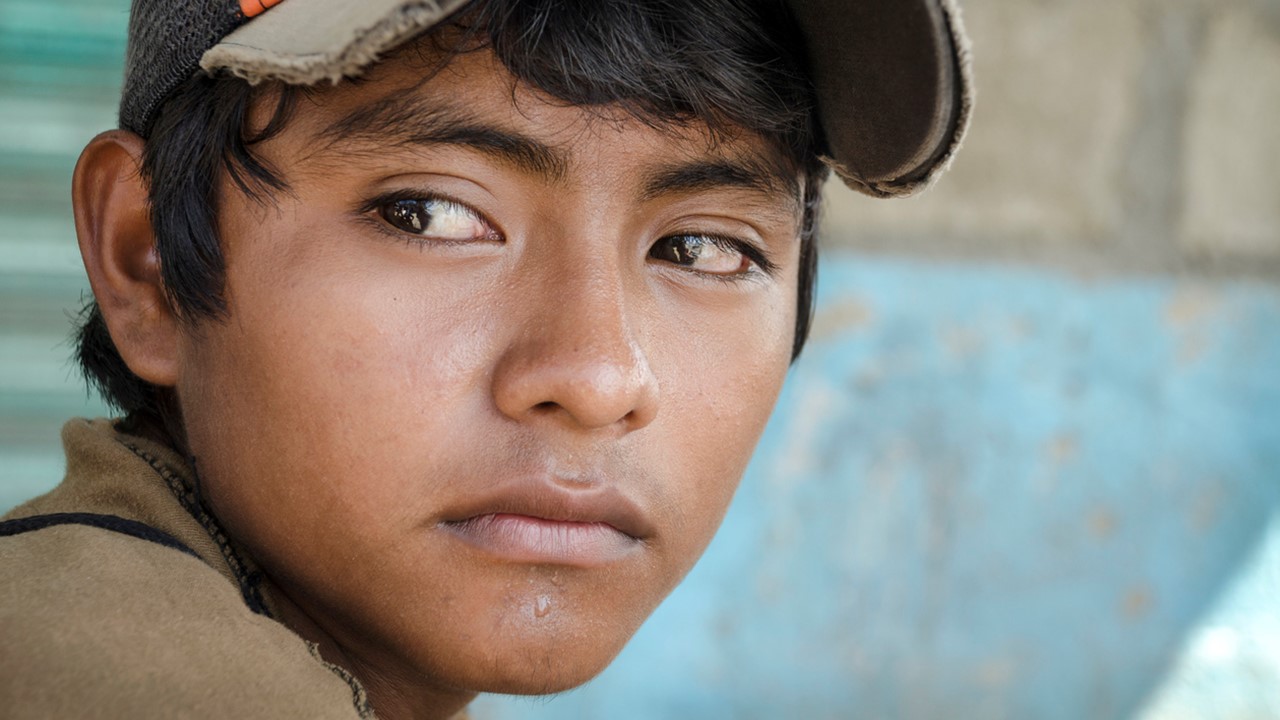
Zach’s Place is a Runaway & Homeless Youth Emergency Shelter (RHY) providing for the immediate needs of homeless and runaway children and youth up to age 17 in Glynn County, Georgia. At Zach’s Place, children and youth receive safe, temporary housing, food, clothing, healthcare, counseling, and the encouragement to fulfill their potential and successfully contribute to society.
The primary purpose of the Basic Center Program is to provide temporary shelter and counseling services to youth who have left home without permission of their parents or guardians, have been forced to leave home, or other homeless youth who might end up in contact with law enforcement or in the child welfare, mental health, or juvenile justice systems. Residents of Zach’s Place are not assessed any fees for services or the provision of basic needs. Provision of services are available for up to 21 days.
SERVICE DESCRIPTION
Services are provided in a two-story home that includes eight beds (4 boys, 4 girls), two-and-a-half baths, a large living room, study room, dining room, kitchen, laundry area, family visitation area and activity center, as well as administrative offices for staff. The continuum of counseling services includes aftercare counseling for families.
laundry area, family visitation area and activity center, as well as administrative offices for staff. The continuum of counseling services includes aftercare counseling for families.
Services provided include:
- Short-term emergency shelter for up to 21 days
- Zach’s Place is open 24 hours a day, 7 days a week
- 24 Hour Telephone Crisis Line (912-270-8399)
- Individual, Family, and Group Counseling
- 3 Meals and 3 Snacks Daily
- After School Tutorial and Drop In Center
- Weekly Life Skill Groups
- Community-based Recreational Services
- Assistance with applications for benefits, housing, and other supportive programs
- After-care Services for 12 months
ADDITIONAL SERVICES
Functional Family Kindship: Services and referrals are also available to parents who need help addressing problems that disrupt a healthy home, including conflict, running away, homelessness, school problems, neglect, or abandonment, poor communications, and illegal behavior.
SERVICE ELIGIBILITY
Are you under 18 years of age?
Have you left home without permission of our parent/guardian?
OR
Are you unable to live SAFELY at home home with your parent/guardian and you nowhere else to go?
If you answered YES to the questions listed above, please call 912-270-8399 or text
For immediate assistance or more information, please call or text 912-270-8399.



As many as 550,000 young people experience homelessness in America each year. The term “unaccompanied youth” is often used to describe homeless youth because they are homeless without a parent or guardian.
About Youth Homelessness
Causes of homelessness among youth fall into three inter-related categories: family problems, economic problems, and residential instability. Most often, youth become homeless because of abuse, neglect, or other trauma at home:
- Physical and sexual abuse can lead youth to run away. Estimates vary, but roughly 40-60% experience physical abuse and 20-40% are sexually abused.
- Parental substance use can cause youth to run away from home.
- Conflicts with families are another reason youth are kicked-out of or run away from home. Once homeless, young people are at risk for labor and sex trafficking, assault, and other forms of victimization. They have an 87% likelihood of dropping out of school. Young people without high school diplomas or GEDs are 4.5 times more likely to experience homelessness.
Once homeless, youth face many challenges on the streets. Because of their age, homeless youth have few legal means by which they can earn enough money to meet basic needs. Many homeless adolescents find that exchanging sex for food, clothing, and shelter is their only chance of survival on the streets. In turn, homeless youth are at a greater risk of contracting sexually transmitted diseases.
Homeless adolescents often suffer from severe anxiety and depression, poor health and nutrition, and low self-esteem. Furthermore, homeless youth face difficulties attending school because of legal guardianship requirements, residency requirements, improper records, and lack of transportation. As a result, homeless youth face severe challenges in obtaining an education and supporting themselves emotionally and financially.




